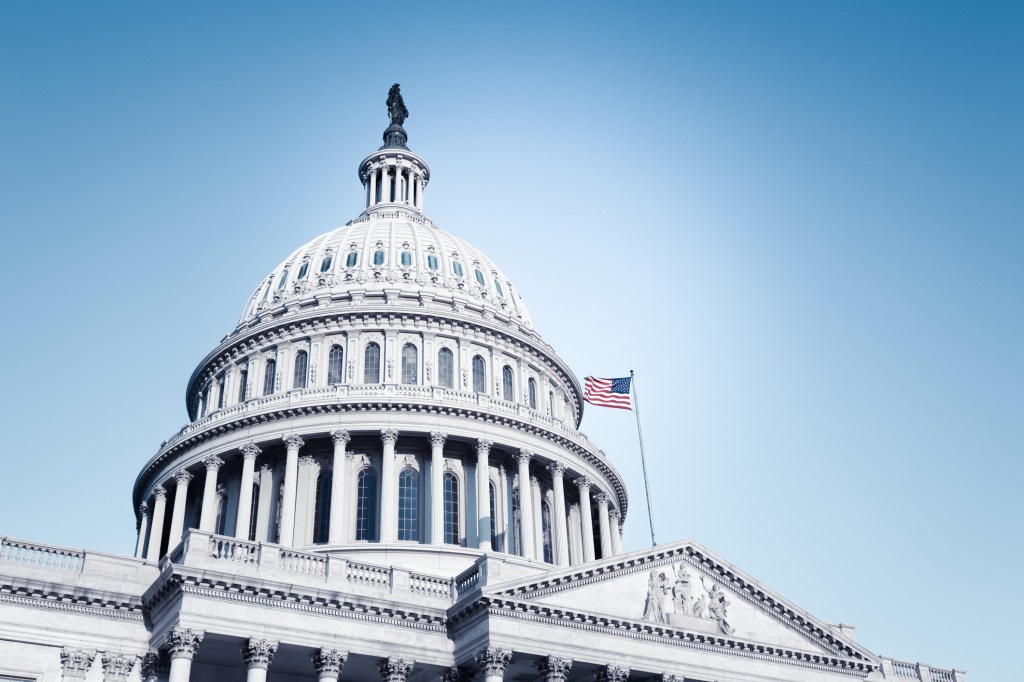Donald Trump‘s signature piece of legislation, the One Beautiful Bill Act, will be able to retain a provision that prohibits states from regulating artificial intelligence over the next 10 years.
Under the current language in the bill, states would lose out on federal broadband funding if they enforce such laws.
The Senate parliamentarian ruled last week that the AI provision in the Senate version of the legislation does not have to be subject to a rule that otherwise would require a 60-vote threshold.
Republicans are going through a process called reconciliation in order to pass the massive tax and funding package by a simply majority in the Senate, or without any Democratic votes. But the provisions in the legislation has to do with spending and revenue, so the Senate’s parliamentarian issues guidance on what can and cannot be included.
Even though the provision remains in the legislation, some GOP senators are opposed to it. Per Punchbowl News, Sen. Josh Hawley (R-MO) plans to join with Democrats to offer an amendment to eliminate the provision when the Big, Beautiful Bill hits the Senate floor. Last week, Sen. Marsha Blackburn (R-TN) appeared with Sen. Maria Cantwell (D-WA) to argue against the state moratorium.
“We are working to move legislation at the federal level, but we do not need a moratorium that would prohibit our states from stepping up and protecting citizens in their states,” Blackburn said.
If the moratorium is put in place, it would prevent the state from enforcing the ELVIS Act, which gives people the right to control the use of their image and voice, a law meant to curb the use of deepfakes. The law, which passed last year, was championed by artists and songwriters, as well as entertainment guilds, already concerned over the unauthorized use of the likeness in everything from product endorsements to fake recordings.
The No Fakes Act, which has some similarities to the Tennessee law, was introduced in Congress earlier this year, with support from entertainment guilds and unions, studios and record labels, as well as tech firms like Google and OpenAI.
Proponents of the 10-year moratorium say that it is needed to prevent a patchwork of state regulation that would slow the development of AI, and put the U.S. at a competitive disadvantage with China. Sen. Ted Cruz (R-TX) last month argued against “needless state overregulation.”
The House version of the One Big Beautiful Bill Act passed by just one vote, and even some of those who voted for it say that they oppose the state AI moratorium. Rep. Marjorie Taylor Greene (R-GA) wrote on X earlier this month that she was not aware of the provision when she voted for the bill. “I am adamantly OPPOSED to this and it is a violation of state rights and I would have voted NO if I had known this was in there,” she wrote, while vowing not to support the One Big, Beautiful Bill if the provision remains when the legislation returns to the House.
That said, the Senate parliamentarian’s ruling was a major hurdle for the AI provision, and now that it has cleared that step, proponents are likely to step up their arguments for it.
